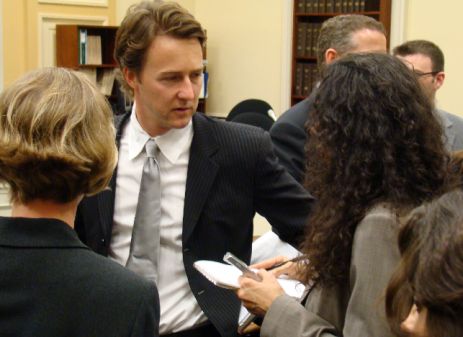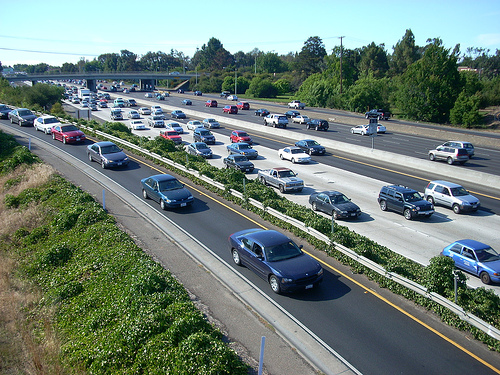Climate Cities
All Stories
-
Dark winter days at the JP Green House
Family and crew show their climate commitment at the JP Green House.As I write this, the Northeast is methodically being blanketed with a thick blessing of snow, shutting everything down, as if the earth knows we need comfort and beauty after this horrible week. The crisis of our planet manifested at Copenhagen. We held a […]
-
Amy Bauman is greening the construction industry, one steel I-beam at a time
This interview is part of a series on people who are making their communities smarter, greener places to live. Got a nomination? Leave it in the comments section or send it along to us. Redoing a kitchen? Hosting a national convention? Demolishing a school? Things are bound to get trashy, and that’s where Amy Bauman […]
-
Home Economics of the JP Green House, Part 1
More work than anyone imagined — watch a slideshow of the project unfolding.Leise JonesIt is worth noting that the original JP Green House budget for the first year of the project was $25k. In retrospect, this was woefully inadequate, but by no means out of line with the four previous rehabs I had completed. We […]
-
The long and wind-powered road
The Danes have an enduring relationship with wind. This is symbolized by the big, honking wind turbine that looms like a bird of prey over the parking lot outside the Bella Center, the venue for the U.N. Climate Change Conference Denmark is hosting in December. It was a Dane, physicist H.C. Oersted, who discovered electrical […]
-
Energy Trust and the Big Hope
If you’re like me, and spend a lot of the day drinking coffee and getting increasingly paranoid with the creeping suspicion that solving climate may not be possible, it’s good when you find glimmers of hope in the wreckage. One of those glimmers (actually more like a tractor beam) is called Energy Trust, an organization […]
-
A $4 billion push to make affordable housing green
Norton hit Congress to testify about the value of green building in 2008.globalwarming.house.govA major investment in making affordable housing greener — a $4 billion investment, to be precise — was announced Wednesday. The injection comes courtesy of Enterprise Community Partners, a 25-year-old non-profit dedicated to community development and affordable housing. With heavyweight partners including NRDC, […]
-
For public transportation to survive, we all need to … drive more?
Traffic is the answer!richardmasoner via flickrMeant to mention these two pieces last week, but things fell apart, as they say. (Do “they” say that, or is it just me?) Both relate to the connection between cars and public transportation, and both are a bit counterintuitive. The first, an op-ed by David Owen in the Wall […]
-
Obama’s absurd Olympic boosterism
Arches, now deserted, built for the 2004 Athens Olympics. As healthcare reform shipwrecks and climate legislation lurches toward a similar fate, President Obama is … preparing to jet to Copenhagen to shill for Chicago as 2016 Olympic site? Really? What an absurd and ignoble use of time and prestige. When I think of the Olympics, […]
-
Stockton Williams on urban retrofits, Obama, and the sexiness of caulking guns
This is part of a series of interviews with people working to make U.S. communities smarter, greener spaces. Got a suggestion for an interviewee? Send it our way or leave it in the comments section below. Earlier this year, officials from sixteen U.S. cities gathered in Cambridge, Mass., to compare notes on a surprisingly hot […]
-
MacArthur genius award winners include climate and ocean researchers
Some of the MacArthur Foundation “genius award” winners are doing work related to climate change. And they now they each have $500 grand, no strings attached. Neat-o: Climate scientist Peter Huybers mines “a wealth of often-conflicting experimental observations to develop compelling theories that explain global climate change over time.” Biogeochemist Daniel Sigman unravels “the interrelated […]







